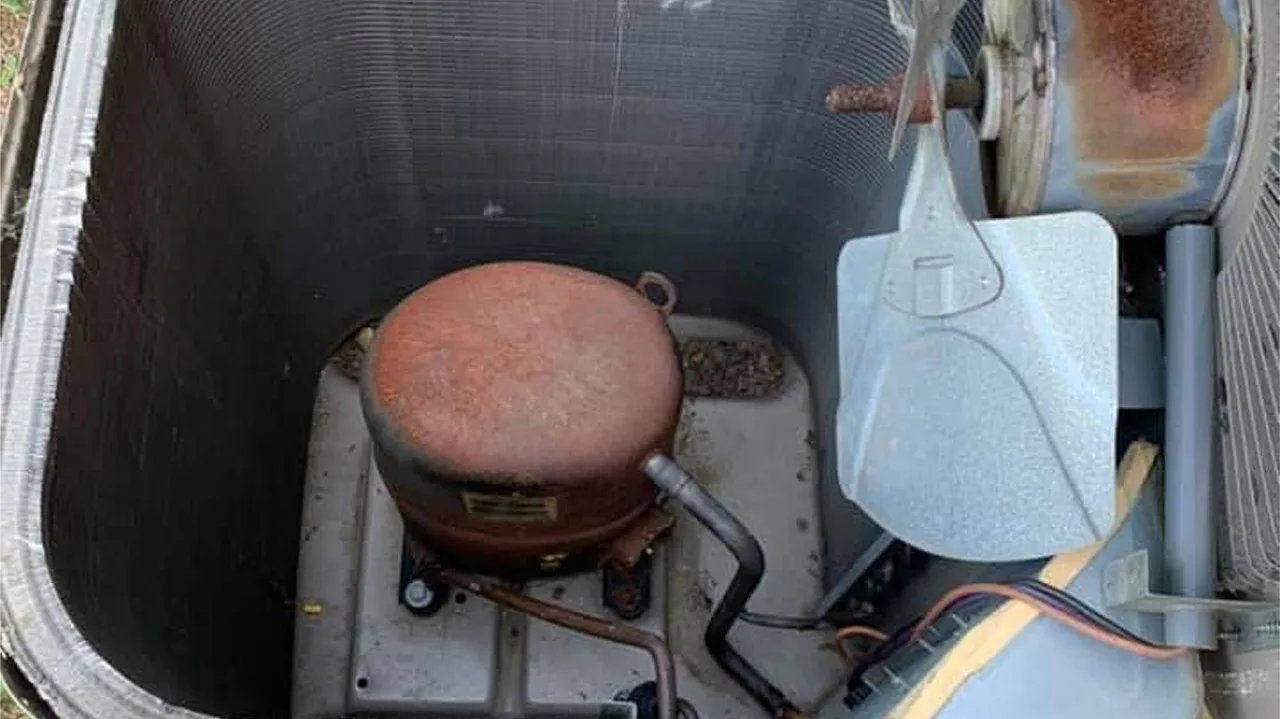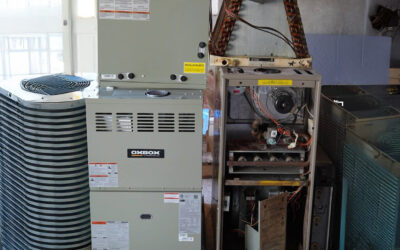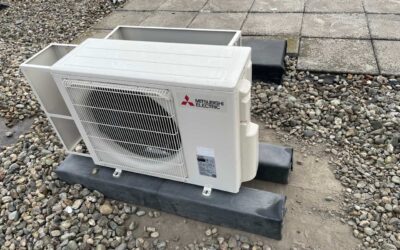When your air conditioner isn’t cooling your home as it used to, the issue could be the AC compressor. The compressor is a vital part of your air conditioning system, circulating refrigerant and maintaining the pressure needed for cool air. Let’s break down what an AC compressor does, signs it may need replacement, and what costs you should expect.
What is an AC Compressor?
The AC compressor is often called the heart of your air conditioning system. It pumps refrigerant through the system, transforming it from gas to liquid and back again. This cycle is essential for cooling your home. Without a functioning compressor, your AC cannot cool your space effectively.
Signs Your AC Compressor Needs Replacement
- Warm Air: If your AC blows warm air, it could be due to a faulty compressor.
- Strange Noises: Grinding or squealing noises often signal compressor issues.
- Leaks: Refrigerant leaks indicate something is wrong with the system.
- High Energy Bills: A malfunctioning compressor can increase energy usage.
If you notice these issues, consider our HVAC maintenance services for a professional inspection.
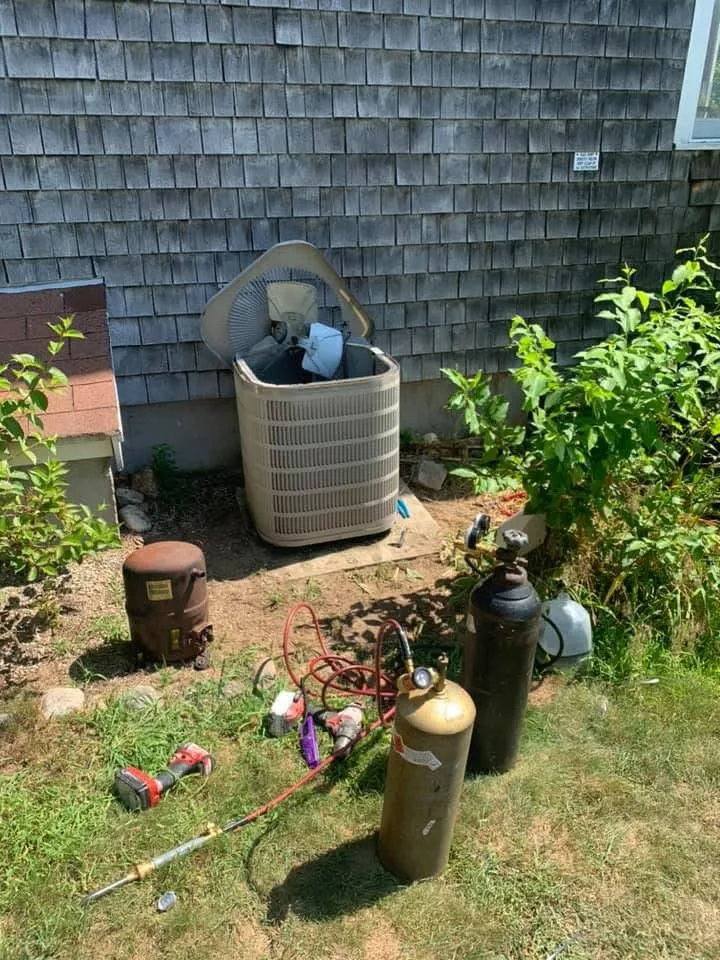
Factors Affecting AC Compressor Replacement Costs
1. Type and Size of the Unit
The size and type of your AC system impact replacement costs. Larger units typically cost more, and central air conditioners are more expensive than window or split units. Learn more about our ductless mini-split installation services for energy-efficient alternatives.
2. Brand and Model
The brand and model of your air conditioner can also affect the cost. High-end brands may require pricier replacement parts, while older models can be costly due to scarce components.
3. Labor Costs
Labor is a significant portion of replacement costs. Rates can vary based on location, system complexity, and accessibility. Our HVAC services include competitive pricing for professional installations.
4. Warranty Coverage
If your AC is under warranty, the compressor may be covered, though labor costs might not be. Check your warranty terms carefully to understand what is included.
5. Additional Repairs
Issues like refrigerant leaks or electrical faults may require additional repairs, adding to the total cost. During replacement, our team performs a complete system check to prevent future issues.
Average AC Compressor Replacement Costs
- Window Units: $100 to $300
- Split Systems: $500 to $1,500
- Central AC Units: $1,200 to $2,800
Prices vary based on unit type, labor, and parts. To learn more about replacement options, visit our furnace and HVAC installation services.
Additional Costs to Consider
- Refrigerant Recharge: $100 to $300 (after compressor replacement)
- System Cleanup: $100 to $300 (if contamination caused compressor failure)
- Electrical Repairs: Varies based on the extent of the damage
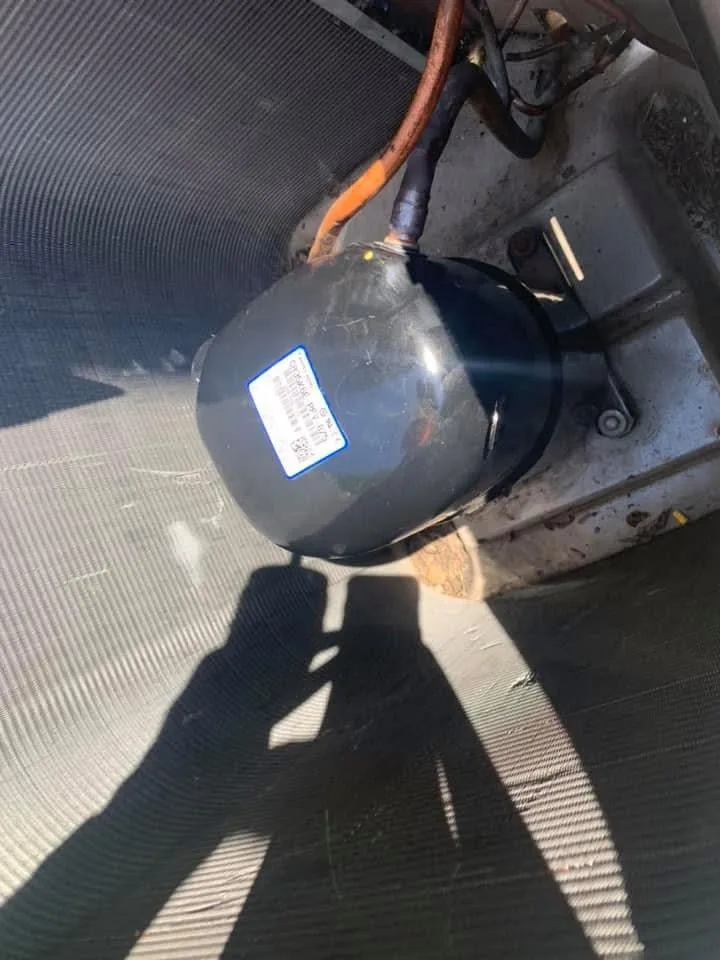
Should You Repair or Replace the Compressor?
When to Repair:
- Your system is relatively new.
- The issue is minor and easily fixable.
- The repair is covered under warranty.
When to Replace:
- Your system is over 10 years old.
- Multiple components are failing.
- New models are significantly more energy-efficient.
For expert advice, check out our contact page and speak with an HVAC professional.
Tips to Save on AC Compressor Replacement Costs
- Regular Maintenance: Schedule annual tune-ups to catch issues early. Visit our HVAC maintenance services page.
- Check Warranty: Use manufacturer warranties for free or discounted repairs.
- Get Multiple Quotes: Compare prices from several providers to ensure you get the best deal.
- Choose Energy-Efficient Models: These may cost more upfront but save on energy bills long-term. Explore our energy-efficient HVAC options.
For more tips on saving energy and reducing costs, visit Energy.gov.
Conclusion
Understanding the costs and factors involved in AC compressor replacement can help you make informed decisions. While it can be an expensive repair, proper maintenance and timely inspections can extend your system’s life and prevent costly breakdowns. For expert advice and installation services, contact Armus Mechanical today.

